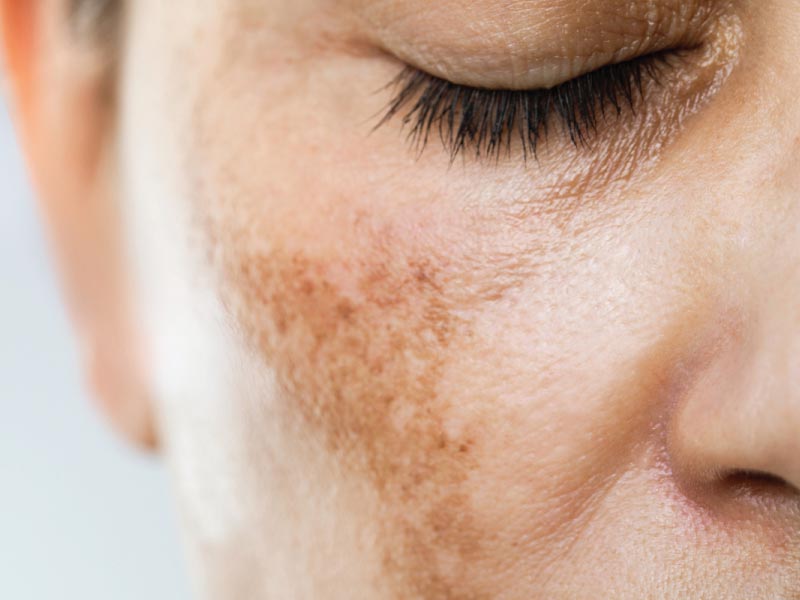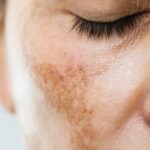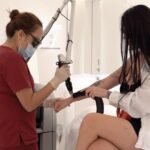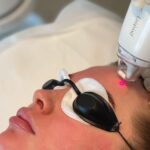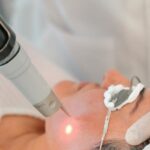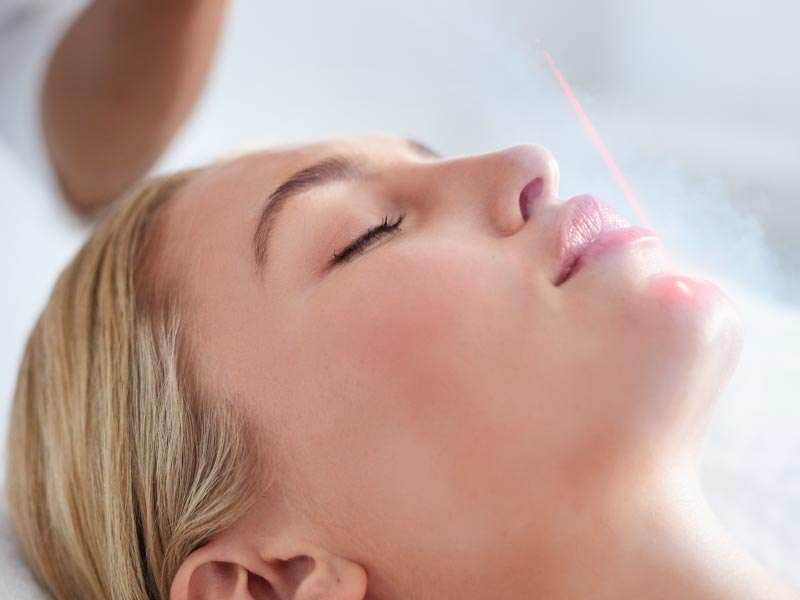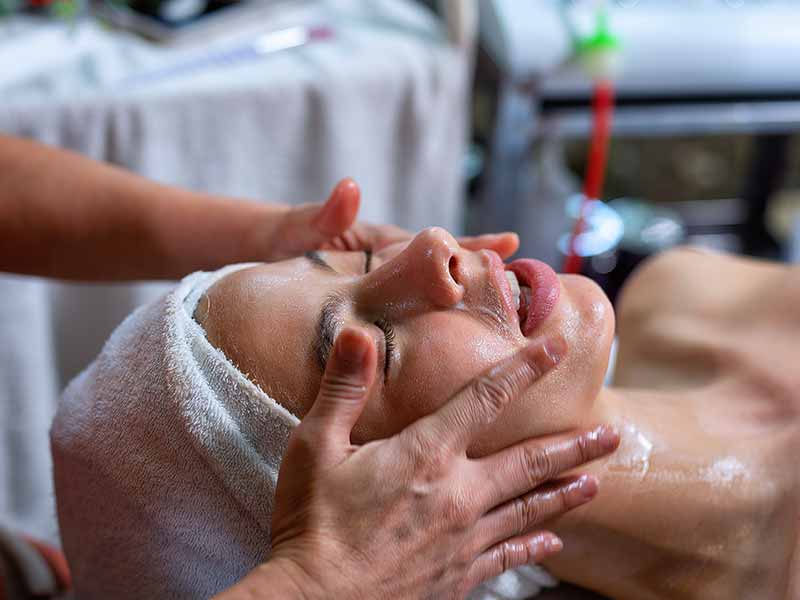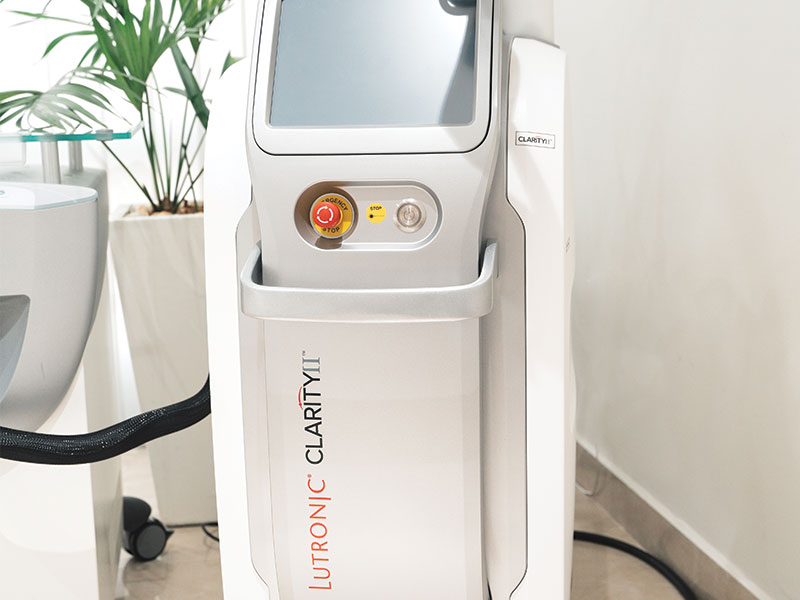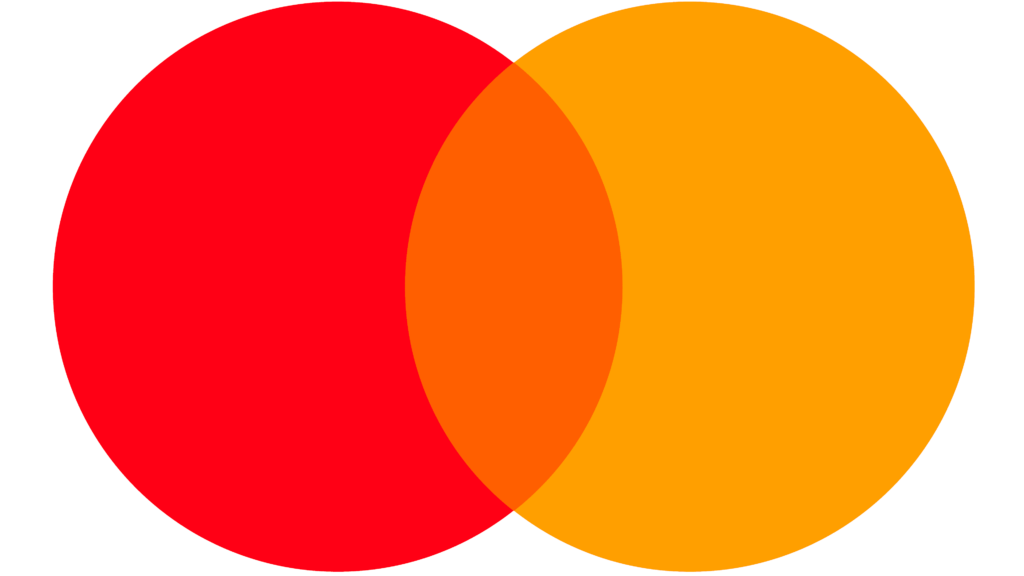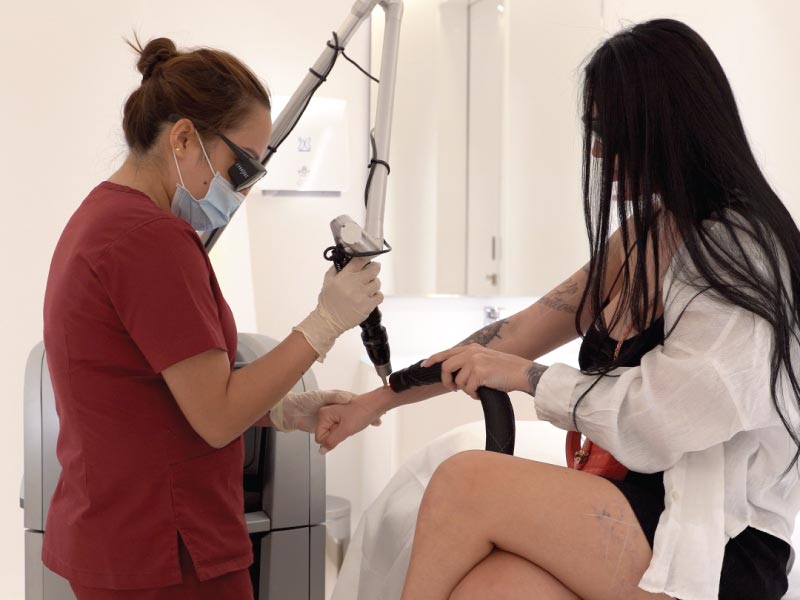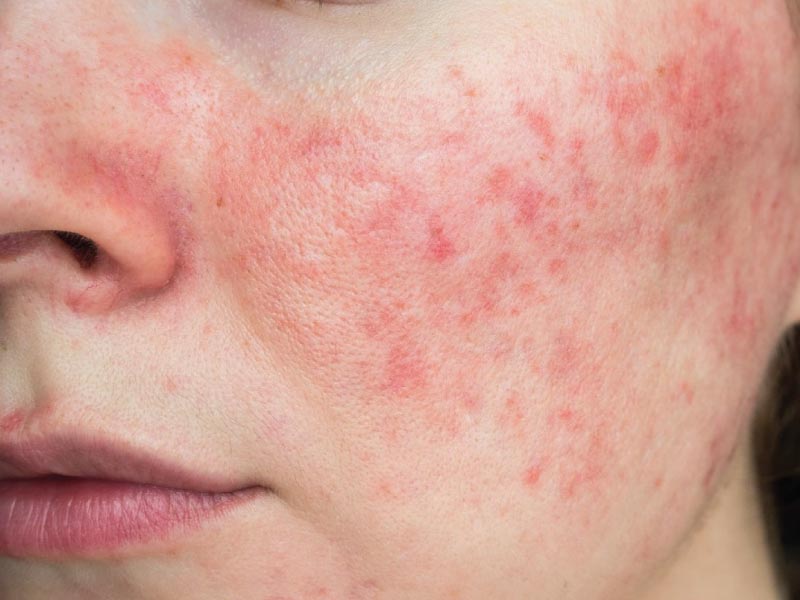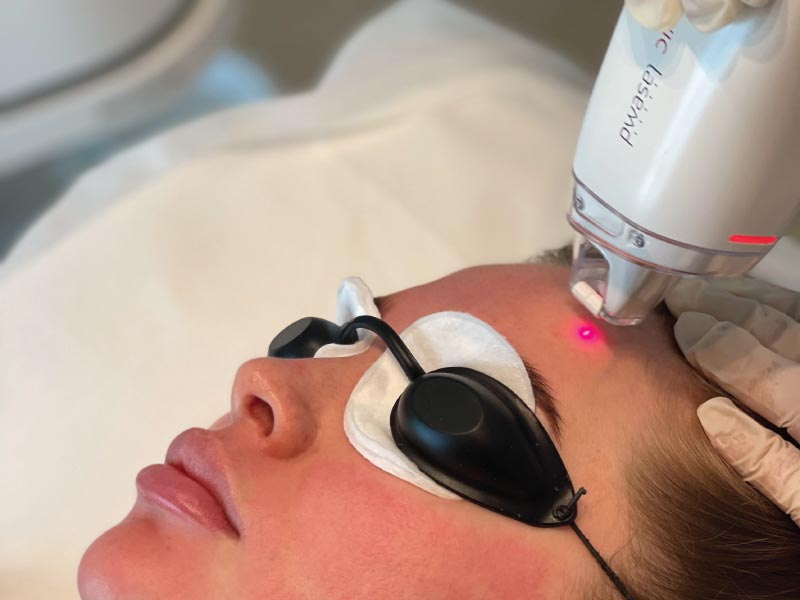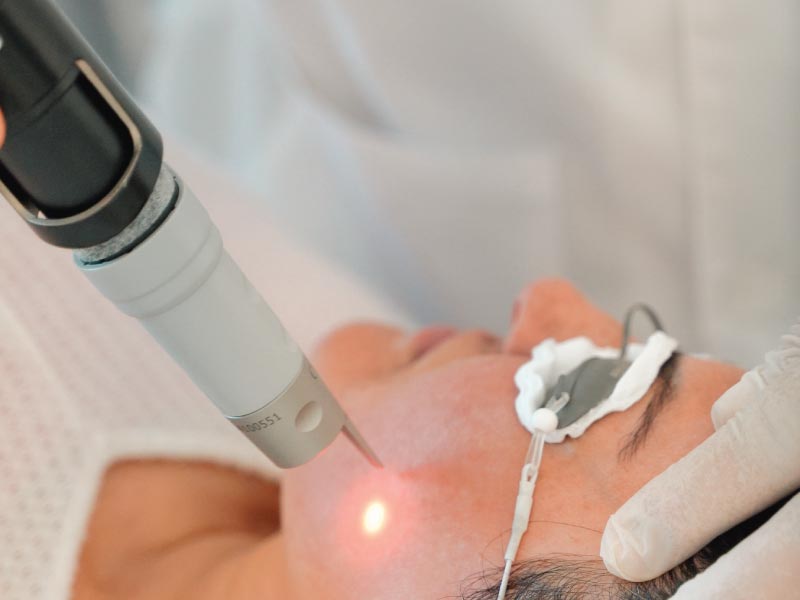Dealing with uneven skin tone or dark spots that just won’t go away? You’re not alone. Hyperpigmentation is one of the most common skin concerns, affecting people of all ages, skin types and backgrounds. Whether it’s due to acne scars, sun exposure or hormonal changes, dark patches can leave you feeling frustrated and self-conscious about your skin.
The good news? Hyperpigmentation can be treated safely and effectively with the right approach. From understanding its causes to exploring advanced treatment options, this blog will guide you through everything you need to know about how to get rid of hyperpigmentation, especially with the help of expert care and Dr. Hamid Taghaddos at Medical Village in Dubai.
What Is Hyperpigmentation?
Hyperpigmentation refers to areas of the skin that appear darker than the surrounding skin tone due to an overproduction of melanin, the pigment responsible for skin color. These patches can be light brown, dark brown, grayish or even black depending on the underlying cause and your skin tone.
Common types of hyperpigmentation include:
- Post-inflammatory hyperpigmentation (PIH): Caused by acne, cuts or other skin injuries.
- Melasma: Often triggered by hormonal changes, especially during pregnancy or with contraceptive use.
- Sunspots or Age Spots: Caused by prolonged sun exposure.
- Freckles: Genetic but can deepen with sun exposure.
- PIH From Cosmetic Treatments: Resulting from irritation after waxing, shaving or other skin procedures.
What Causes Hyperpigmentation?
Put simply, hyperpigmentation happens when the skin generates an excessive amount of melanin, the natural pigment that gives your skin its color. This extra melanin concentrates in specific regions, resulting in patches or spots that seem darker than the surrounding skin. It can affect people of all skin tones, but it is more obvious and persistent in medium to dark complexion types.
There are several common triggers that can lead to hyperpigmentation, such as:
#1. Sun Exposure
The sun is one of the most common causes of hyperpigmentation. When your skin is exposed to UV rays, it creates more melanin as a protective mechanism. Sunspots, also known as age spots or liver spots, can develop over time after continuous sun exposure, particularly on the face, chest, hands and shoulders.
#2. Inflammation or Skin Injury
Any type of skin injury, like a cut, burn, pimple, rash or even aggressive shaving can lead to post-inflammatory hyperpigmentation. This happens when the skin overproduces melanin during the healing process. PIH is very common in people with acne, eczema or those who undergo cosmetic procedures.
#3. Hormonal Changes
Hormones can also play a role, particularly in the condition known as melasma. This type of pigmentation typically appears in symmetrical patches on the face and is frequently associated with pregnancy, birth control medications or hormonal imbalances. Melasma is more common in women and can be caused or exacerbated by sun exposure.
#4. Medications and Medical Conditions
Some medications, such as chemotherapy or anti-seizure medications, might produce pigmentation as a side effect. Addison's disease and insulin resistance are two health diseases that can cause skin color changes.
#5. Genetic Factors
Some people are predisposed to pigmentation merely due to their genetics. Freckles, for example, are inherited and emerge more frequently in those with lighter skin tones, but they can darken with sun exposure.
How Does Laser Tattoo Removal Work?
Now that we know the basics, let’s look at the process. Laser tattoo removal works by sending pulses of laser energy into the skin, which breaks down the ink particles into tiny fragments. These fragments are then removed naturally by your body’s immune system over time.
The key to effective tattoo removal is using the right type of laser for your specific skin tone, tattoo color and ink depth. This is where advanced lasers like PicoSure Pro and PICOWAY make a big difference.
Can Hyperpigmentation Go Away on Its Own?
Now this is a very common question. Mild hyperpigmentation can usually resolve gradually over time, particularly if it is caused by transient events such as minor acne, insect bites or skin irritation. That said, with the proper sun protection and a proper skin care regimen, post-inflammatory hyperpigmentation may begin to fade within a few weeks to months.
Deeper or long-standing pigmentation, such as melasma, sunspots or hormone-induced pigmentation, is far less likely to go away without focused treatment. These types of hyperpigmentation are typically found deeper in the skin and might worsen with sun exposure, heat or incorrect skincare.
While over-the-counter products may offer minimal improvement, they usually aren’t strong enough to address the underlying pigment. In these cases, professional treatments like laser therapy or fractional resurfacing can deliver more effective, lasting results.
At Medical Village in Dubai, Dr. Hamid Taghaddos and our medical team will examine your skin and propose the best treatment option based on your pigmentation type and skin tone. If your dark spots have been persistent or are affecting your confidence, it's worth exploring personalized treatment options with expert guidance for faster, safer and more visible results.
Top Professional Laser Treatments to Get Rid of Hyperpigmentation
Laser technology is one of the most effective and advanced ways to treat stubborn hyperpigmentation. Unlike creams or surface treatments, lasers work by targeting melanin deep within the skin, breaking it down safely so your body can naturally clear the pigment over time.
At Medical Village in Dubai, we use a wide range of FDA-approved lasers designed to treat different types of pigmentation across all skin tones. They are especially effective for melasma, sunspots, acne scars and post-inflammatory hyperpigmentation (PIH).
That being said, here are the top laser treatments we offer:
PICOSURE PRO
This next-generation picosecond laser uses ultra-short bursts of energy to shatter pigment without causing damage to the surrounding skin. It effectively treats deep pigmentation, such as melasma, while also improving skin texture and increasing collagen formation. It's a gentle, non-invasive procedure with minimum downtime.
PICOWAY
PICOWAY, another powerful picosecond laser, treats multi-layered and resistant pigmentation in all skin types, especially those with darker complexions. It reduces pigment to tiny particles for faster, more efficient removal and is good for sunspots, freckles and acne-related blemishes.
REVLITE
REVLITE, a reliable Q-switched laser, targets pigment clusters with precise wavelengths that do not injure surrounding tissue. It's particularly helpful for treating PIH, freckles and mild sun damage, providing gradual whitening with minimal irritation.
HELIOS IV
HELIOS IV's innovative dual-pulse technology improves precision in breaking down deep and uneven pigmentation. It is commonly used to treat post-acne blemishes, melasma and complex pigmentation patterns, making it appropriate for sensitive and dark skin tones.
MEDLITE C6
This versatile Q-switched laser gently addresses superficial pigmentation and uneven skin tone. MEDLITE C6 is an excellent solution for early-stage pigmentation or as a maintenance laser to get brighter, smoother skin.
Each laser treatment at Medical Village is selected and customized based on your skin tone, pigmentation type and sensitivity. With over 35 years of expertise led by Dr. Hamid Taghaddos, our clinic delivers safe, visible and lasting results, helping you achieve clearer, more radiant skin with the latest in laser technology.
How Many Sessions Do You Need?
The number of sessions required to treat hyperpigmentation varies depending on the type, depth and source of the pigmentation, as well as your skin tone and how it reacts to treatment. Most patients require between 4 and 6 sessions, spaced 3 to 4 weeks apart, for the best outcomes.
That being said, some patients have visible results after just two sessions, particularly when advanced lasers such as PicoSure Pro or PICOWAY are used, which target pigment efficiently while causing little damage to surrounding tissue.
Deeper pigmentation, like melasma or post-inflammatory hyperpigmentation from acne, may take longer and usually require a more individualized strategy. During your appointment at Medical Village, we will examine your skin and create a treatment plan that is specific to your goals and skin type.
Can Hyperpigmentation Come Back?
Yes, hyperpigmentation may return, particularly if the underlying causes are not treated or the proper aftercare isn’t followed. Sun exposure, hormonal changes, inflammation and harsh skin care procedures or products are all common factors.
That’s why prevention is just as important as treatment. After your sessions, we recommend a consistent skincare regimen, including daily use of broad-spectrum sunscreen, gentle products and regular check-ins. Our team also provides guidance on how to minimize future flare-ups, ensuring your results are long-lasting and well-maintained.
Why Choose Medical Village for Hyperpigmentation Treatment in Dubai?
At Medical Village, we combine state-of-the-art laser technology with decades of clinical experience to treat all forms of hyperpigmentation safely and effectively. Led by Dr. Hamid Taghaddos, a pioneer in laser medicine with over 35 years of experience, our clinic is equipped with advanced, FDA-approved lasers such as:
- PICOSURE PRO,
- PICOSURE,
- PICOWAY,
- HELIOS IV,
- REVLITE,
- MEDLITE C6,
- Among many others…
Each laser is carefully selected based on your skin type and pigmentation depth, allowing us to offer personalized, targeted treatments with minimal risk and maximum results. Whether you're dealing with acne marks, sun damage or melasma, our team ensures your care is handled with expertise, safety and comfort in mind.
Book Your Hyperpigmentation Laser Consultation Today at Medical Village in Dubai
Ready to finally achieve clearer, even-toned skin? At Medical Village, we’re committed to helping you look and feel your best with safe, effective laser treatments for hyperpigmentation. Whether your concern is recent discoloration or long-standing dark patches, we have the tools and expertise to create a solution that works for you.
Book your personalized consultation today by phone at +97143469999 or contact form and take the first step toward brighter, smoother and more confident skin!
How can we help you?
Schedule a free consultation today and discover a world of possibilities with Medical Village's unmatched variety of laser technology.
READY TO BOOK APPOINTMENT
BOOK YOUR APPOINTMENT
Leave us a message with your contact details and we will get back to you as soon as possible.

